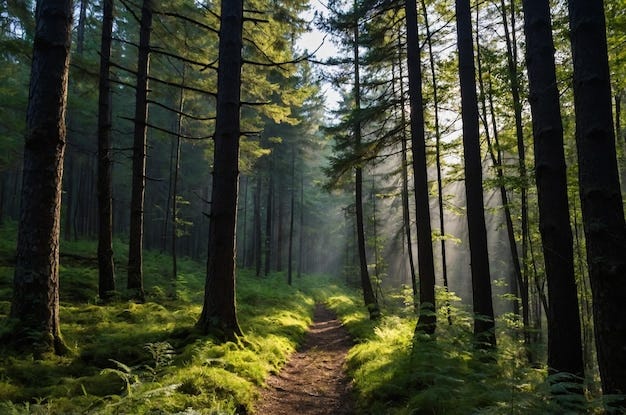Ernst Jünger was a German World War 1 hero, known for his book Storm of Steel, a war diary which, unlike Remarque’s All’s Quiet on the Western Front, doesn’t cry like a toddler for his mommy to come and save him. Jünger didn’t shun war. He felt war’s confrontation with death made men live up to their true selves.
The technological age, however, changed w…



